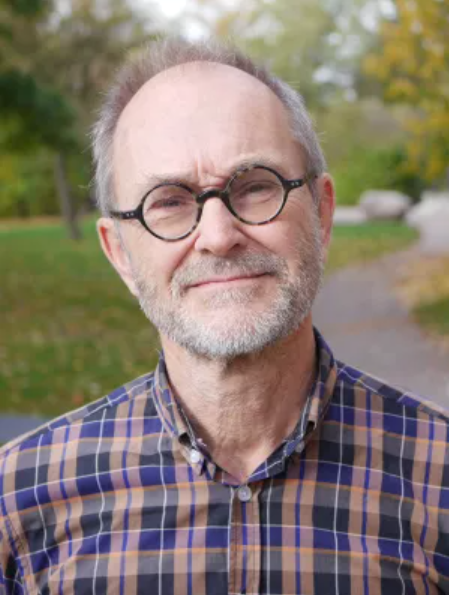关于举办“Is the future of agriculture perennial? Imperatives and opportunities to reinvent agriculture by shifting from annual monocultures to perennial polycultures”学术报告的通知
来源: 作者: 发布日期:2025-10-31 浏览次数:
报告题目:Is the future of agriculture perennial? Imperatives and opportunities to reinvent agriculture by shifting from annual monocultures to perennial polycultures
Abstract: Modern agriculture is associated with numerous environmental predicaments, such as land degradation, water pollution, and greenhouse gas emission. Socio-economically, it is characterized by a treadmill of technological change, increased mechanization, and economic consolidation, while depressing economic returns to farmers. A root cause is the dominance of annual plants cultivated in monocultures. Annual crops require the yearly clearing of vegetation resulting in soil erosion and other forms of ecosystem degradation. Monocultures are susceptible to agricultural pests and weeds. By contrast, perennial polycultures informed by natural ecosystems, promise more sustainable agroecosystems with the potential to also revitalize the economic foundation of farming and hence rural societies. But what is the prospect for such a profound transformation of the oldest sector of society in just a few decades?

报告人:Lennart Olsson教授
报告时间:2025年11月5日(星期三)下午 2:40
报告地点:草业与草原学院 228会议室
报告人简介:Lennart Olsson教授是瑞典隆德大学可持续性中心(LUCSUS)创始主任(2000-2016),瑞典研究理事会可持续性社会与自然融合示范中心创始主任(2008-2018)。长期从事全球气候变化、土地退化与粮食安全背景下人类—自然系统可持续性科学研究,在Science、Nature Sustainability、Science Advance等期刊发表学术论文230多篇,Google Scholar引用率2.5万次。曾任瑞典皇家科学院地理学科国家委员会主席(2009-2012),Future Earth地球系统治理计划科学指导委员会核心成员(Elected member)(2011-2017),美国国家社会环境综合中心(SESYNC)执行顾问委员会主席(2012-2015)、美国土地研究所(The Land Institute)的理事会执行理事(Elected member)(2018-至今)。曾担任IPCC第五次评估报告第十三章《Livelihoods and Poverty》及气候变化与土地特别报告(SRCCL)第四章《Land Degradation》的主要牵头人。2023年获欧盟研究理事会前沿项目资助(ERC Advanced Grant),系统研究多年生农业变革与可持续发展。
欢迎广大师生参加

